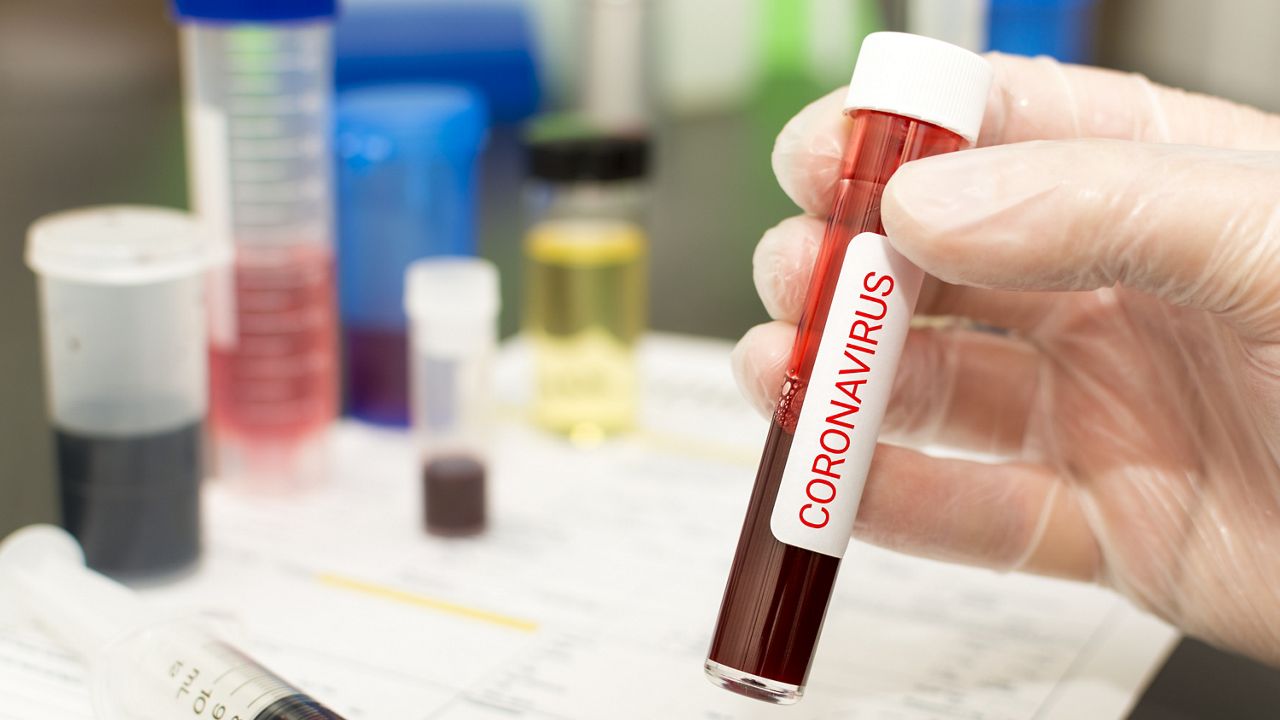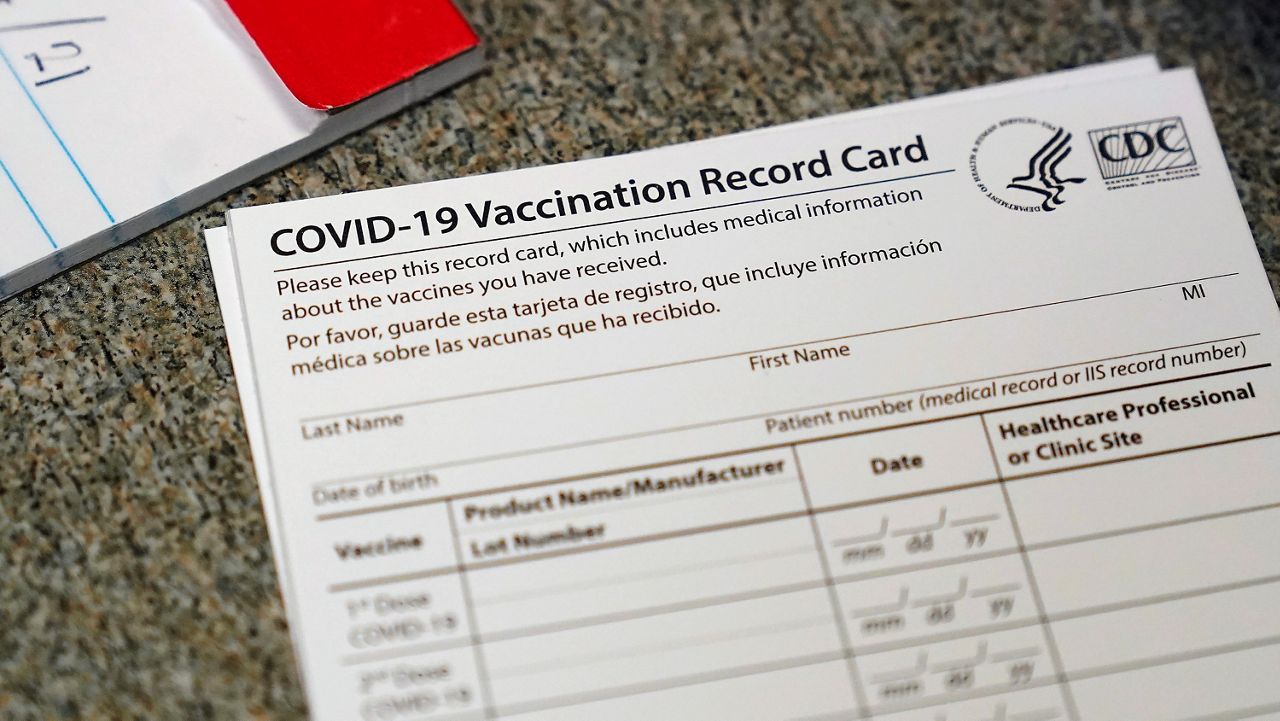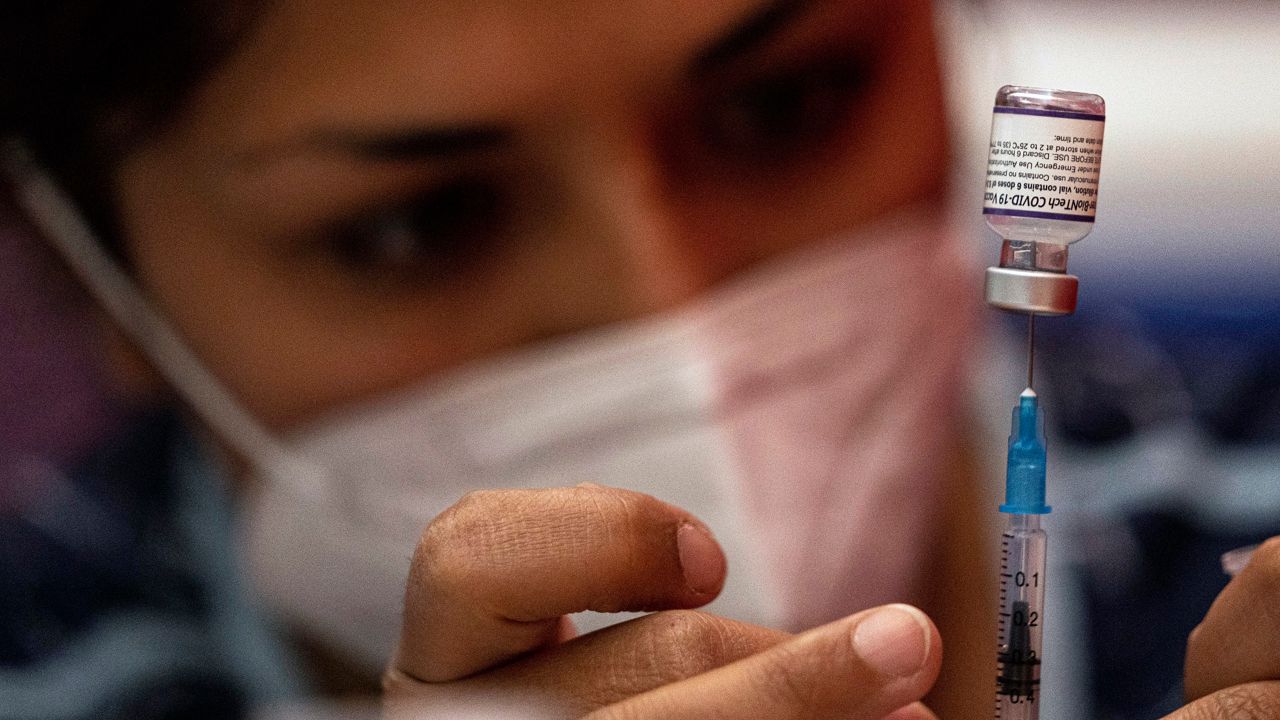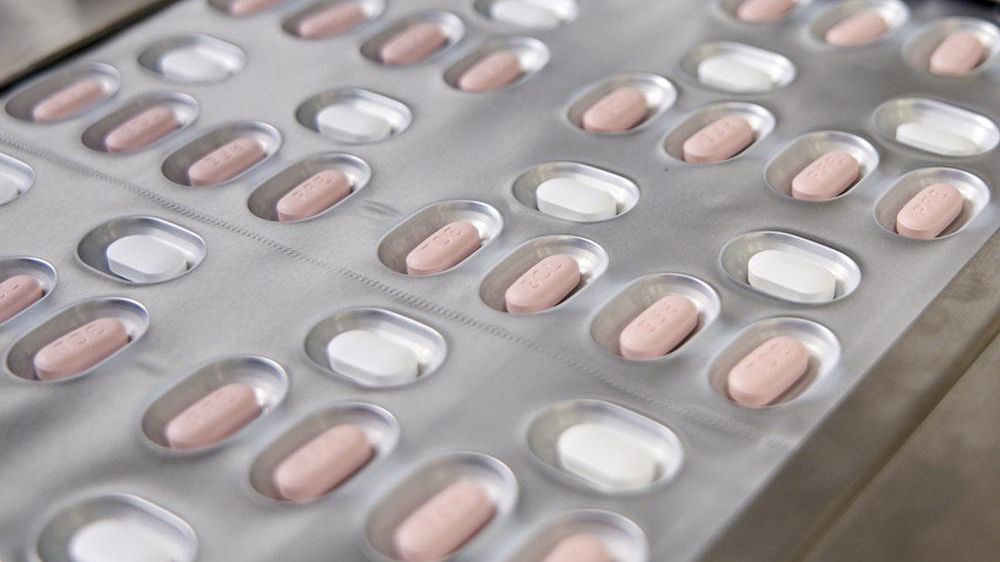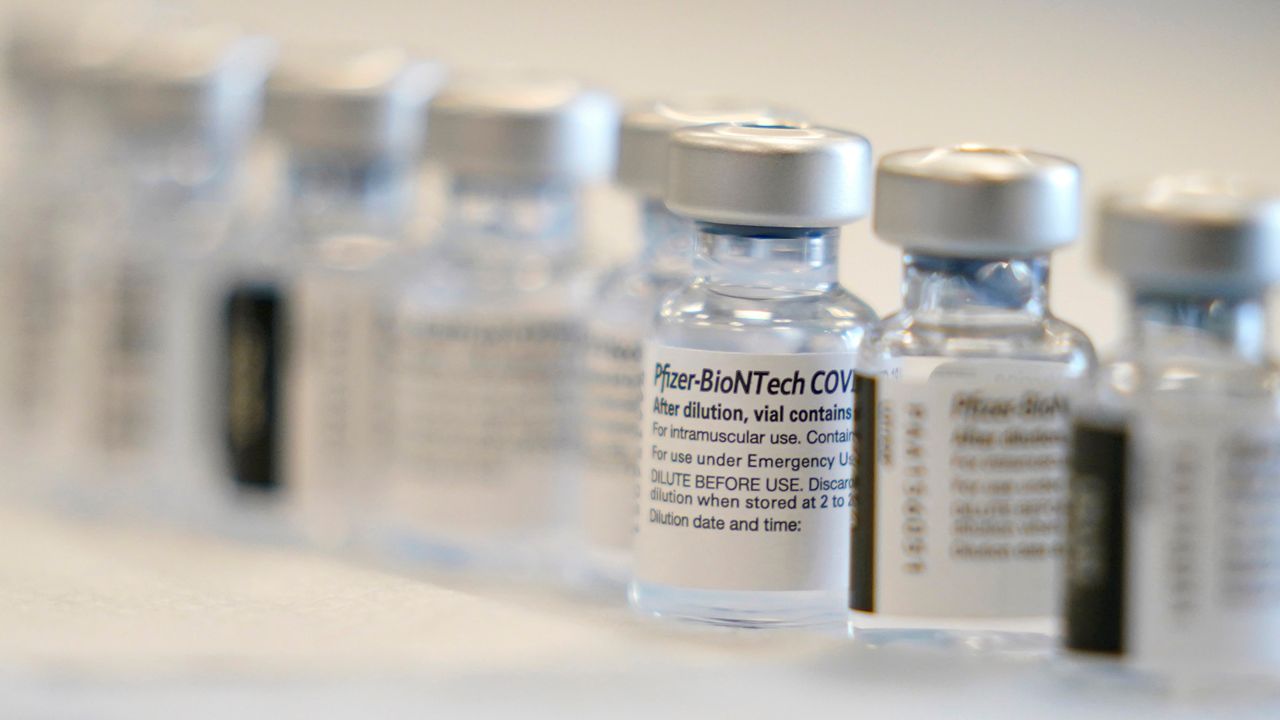NATIONWIDE — Johnson & Johnson is pausing its advanced clinical trial of a coronavirus vaccine after an unexplained illness in one of the volunteers was discovered.
Johnson & Johnson declined to reveal details about the illness, citing the participant’s privacy, but it stated it is trying to figure out if it is linked to the vaccine or the person's medical history.
“We must respect this participant’s privacy. We’re also learning more about this participant’s illness, and it’s important to have all the facts before we share additional information,” the company said in a statement.
The news of the trial being halted was first reported by the health news site STAT
Dr. Ashish Jha with Brown University said this pause is not immediately concerning, saying this is the largest trial he knows of with 60,000 people, and pauses are expected. Johnson & Johnson's phase three trial started in September.
The company stated it is following guidelines, "so there can be a careful review of all of the medical information before deciding whether to restart the study."
Temporary stoppages of large medical studies are relatively common. Few are made public in typical drug trials, but the work to make a coronavirus vaccine has raised the stakes on these kinds of complications.
Companies are required to investigate any serious or unexpected reaction that occurs during drug testing. Given that such tests are done on tens of thousands of people, some medical problems are a coincidence. In fact, one of the first steps the company said it will take is to determine if the person received the vaccine or a placebo.
The Johnson & Johnson vaccine is one of several major vaccine candidates in late-stage, phase 3 trials, along with candidates from Moderna, BioNTech, AstraZeneca, and Novovax.
President Donald Trump has promised a coronavirus vaccine by the November election, but that might not be possible, with bumps in the road in multiple trials.
Speaking at a Goldman Sachs virtual health care event last week, U.S. Health and Human Services Secretary Alex Azar said his office is working to ensure enough supplies are being manufactured.
"Pending FDA authorizations, we believe we may have up to 100 million doses by the end of the year, enough to cover especially vulnerable populations," Azar said. "And we may have enough for every American who wants a vaccine by March to April 2021."
Last month, AstraZeneca’s COVID-19 vaccine trial was paused to determine if a recipient’s illness was a side effect of the shot.
The trial has since partly resumed, though final-stage testing is still suspended in the United States, as officials examine whether an illness in its trial poses a safety risk.
That trial was stopped when a woman developed severe neurological symptoms consistent with transverse myelitis, a rare inflammation of the spinal cord, the company has said.
Johnson & Johnson was aiming to enroll 60,000 volunteers to prove if its single-dose approach is safe and protects against the coronavirus. Other vaccine candidates in the U.S. require two shots.
The Associated Press contributed to this report.




